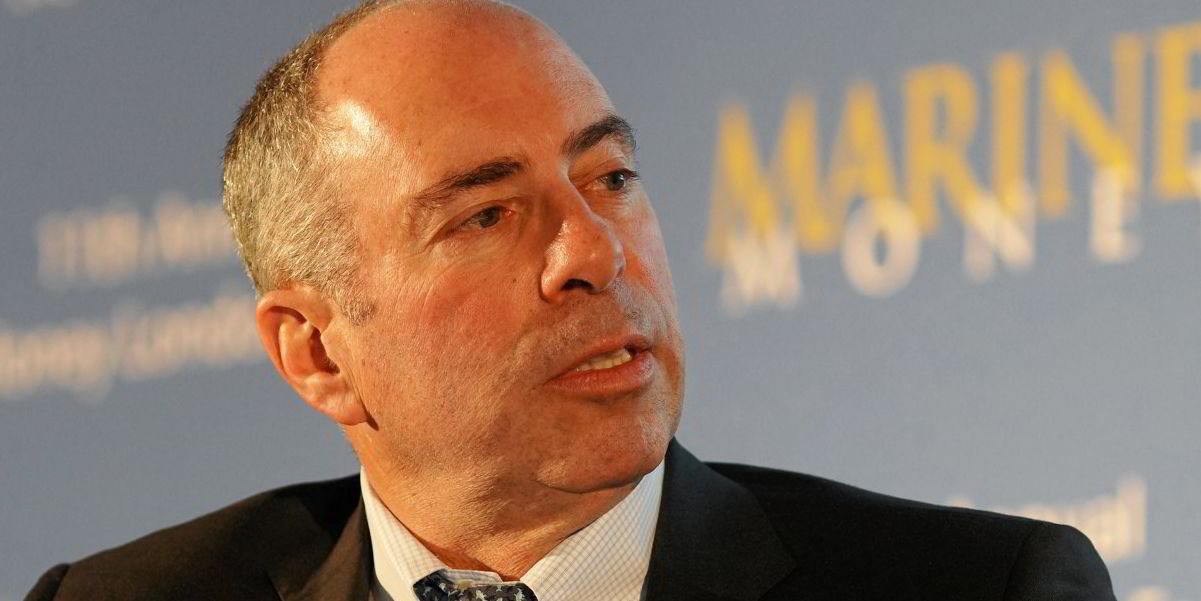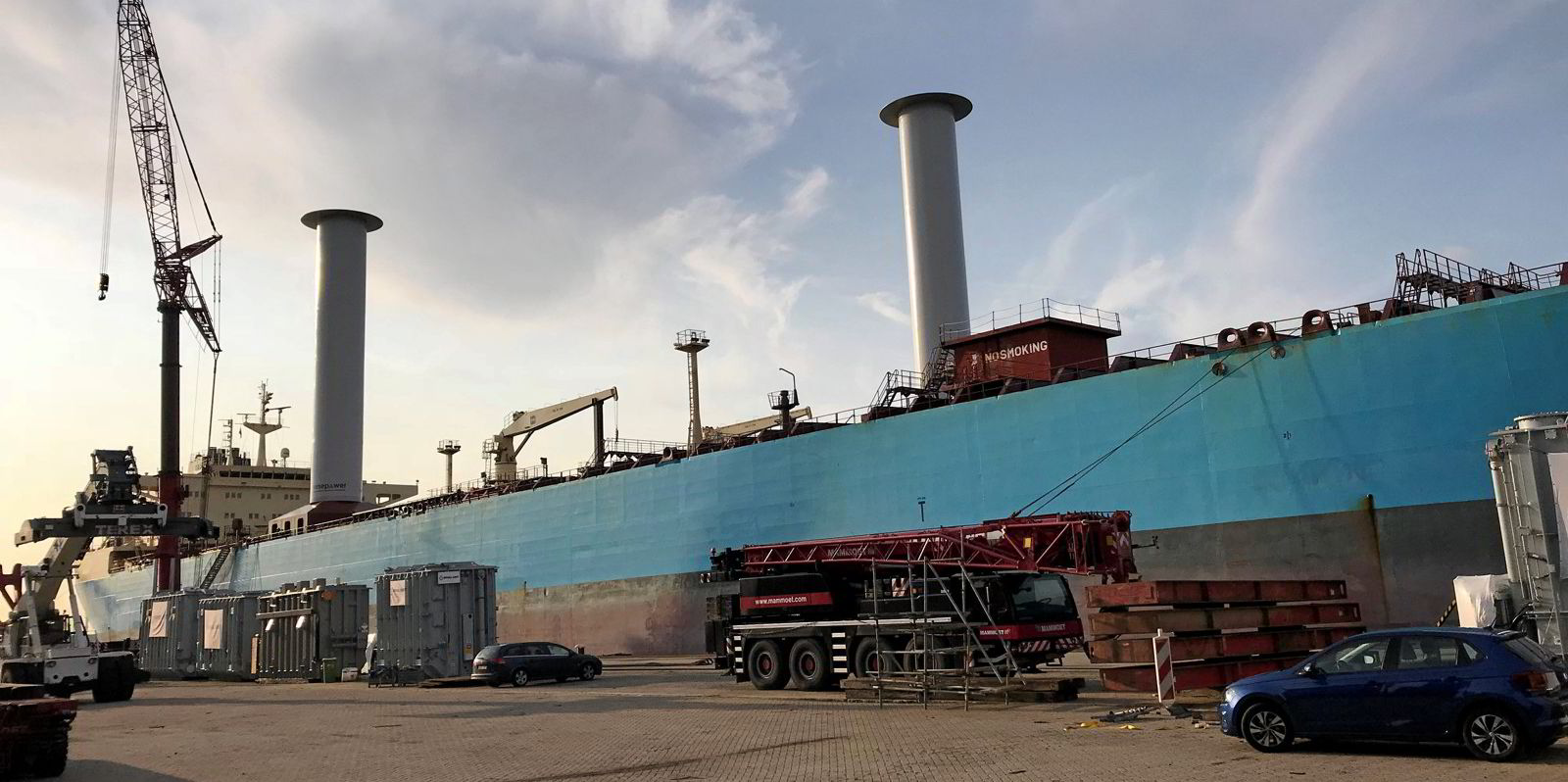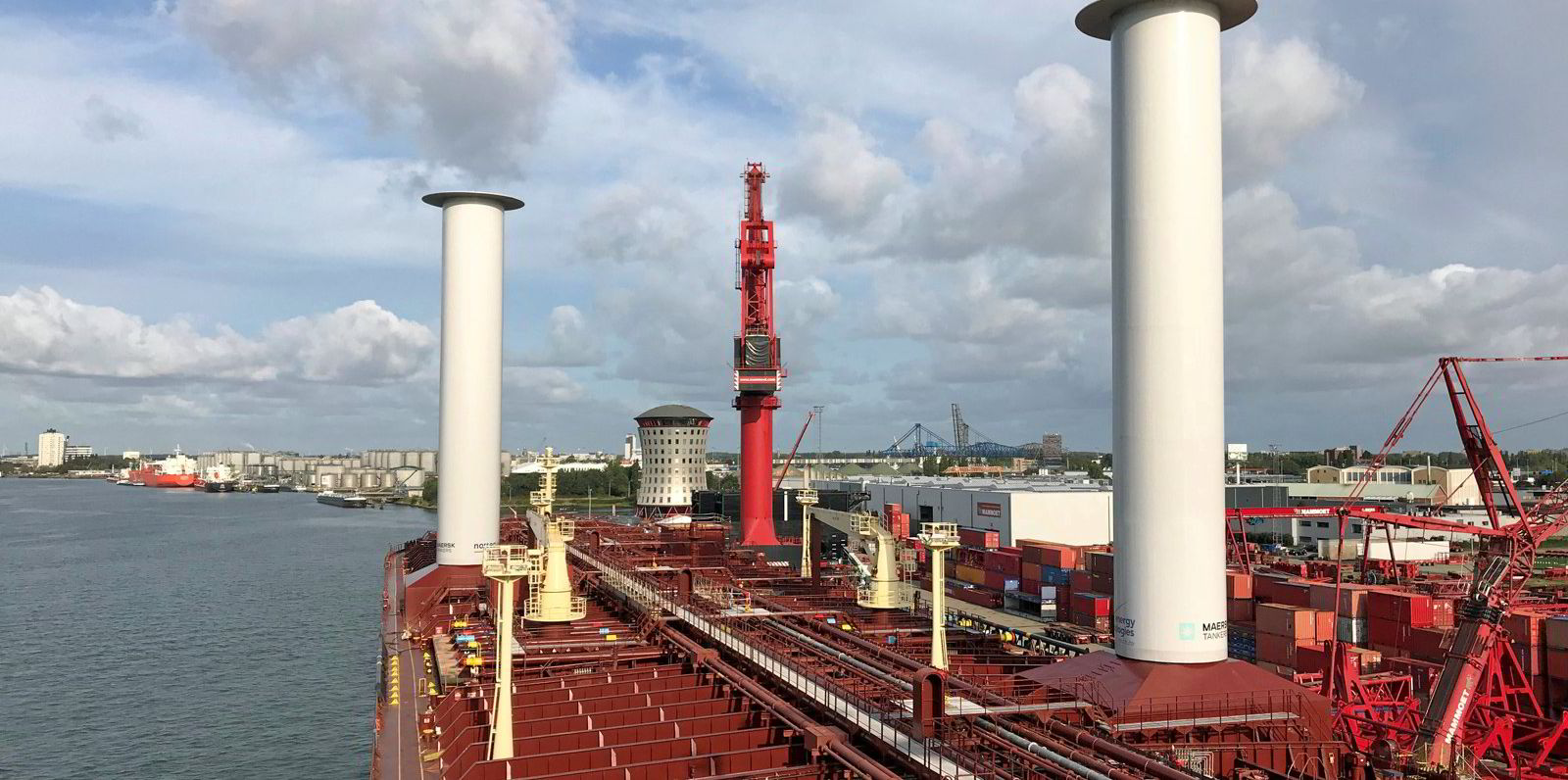Okeanis Eco Tankers expects older vessels will have to reduce their speed by as much as 35% to meet new efficiency rules.
Under new International Maritime Organization standards, ships will have to comply with efficiency and emissions limits that are about a 15% to 20% improvement on historic standards set out in a 2008 baseline.
Okeanis chief operating officer Aristidis Alafouzos told analysts on a conference call that charterers, owners and entire communities are applying much more attention to vessel emissions.
He believes the Energy Efficiency Existing Ship Index (EEXI) and other indices and regulations will have a great impact on which vessels are chosen for business.
"Today, the decision on selection is predominantly based on fuel efficiency, so more of an economic decision," Alafouzos said. "But this is expected to change over time."
No retrofitting for Okeanis
The modern Okeanis VLCC, suezmax and aframax fleet does not need any retrofitting to meet EEXI targets, the company believes.
But 10-year-old or 15-year-old ships could have to reduce speed by between 25% and 35% to comply with regulations, Alafouzos added.
"This will create big issues for older tonnage. Efficient ships and those with less emissions will have a huge advantage in the market," he said.
Other measures such as changing a propeller or putting on expensive paint will never be enough for older units to comply, Alafouzos argued.
"The only solution is to reduce the output of the engine," he said.
Big rate gap looms
Okeanis chief executive Ioannis Alafouzos added that if a 2020-built tanker makes $60,000 per day in the future, a 2011-vintage ship will be earning $20,000.
This is how the market will solve the problem of how these elderly vessels will still be able to operate in the market, he said.
Shipbroker Galbraiths has forecast that the upcoming EEXI will likely have an impact on the supply of tonnage in the tanker and bulker markets.
The pressure on supply is likely to result from lower average operating speeds and possibly an increase in demolition.
The new regulation will likely be enforced from 2023.






